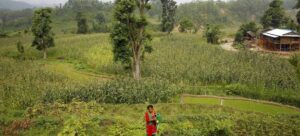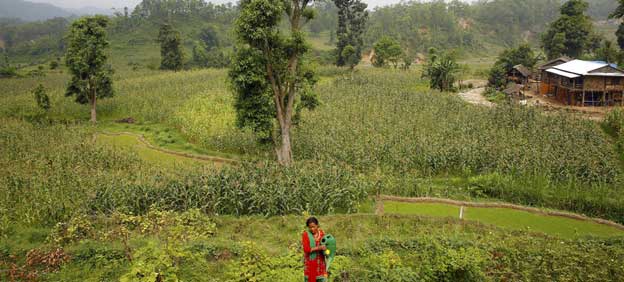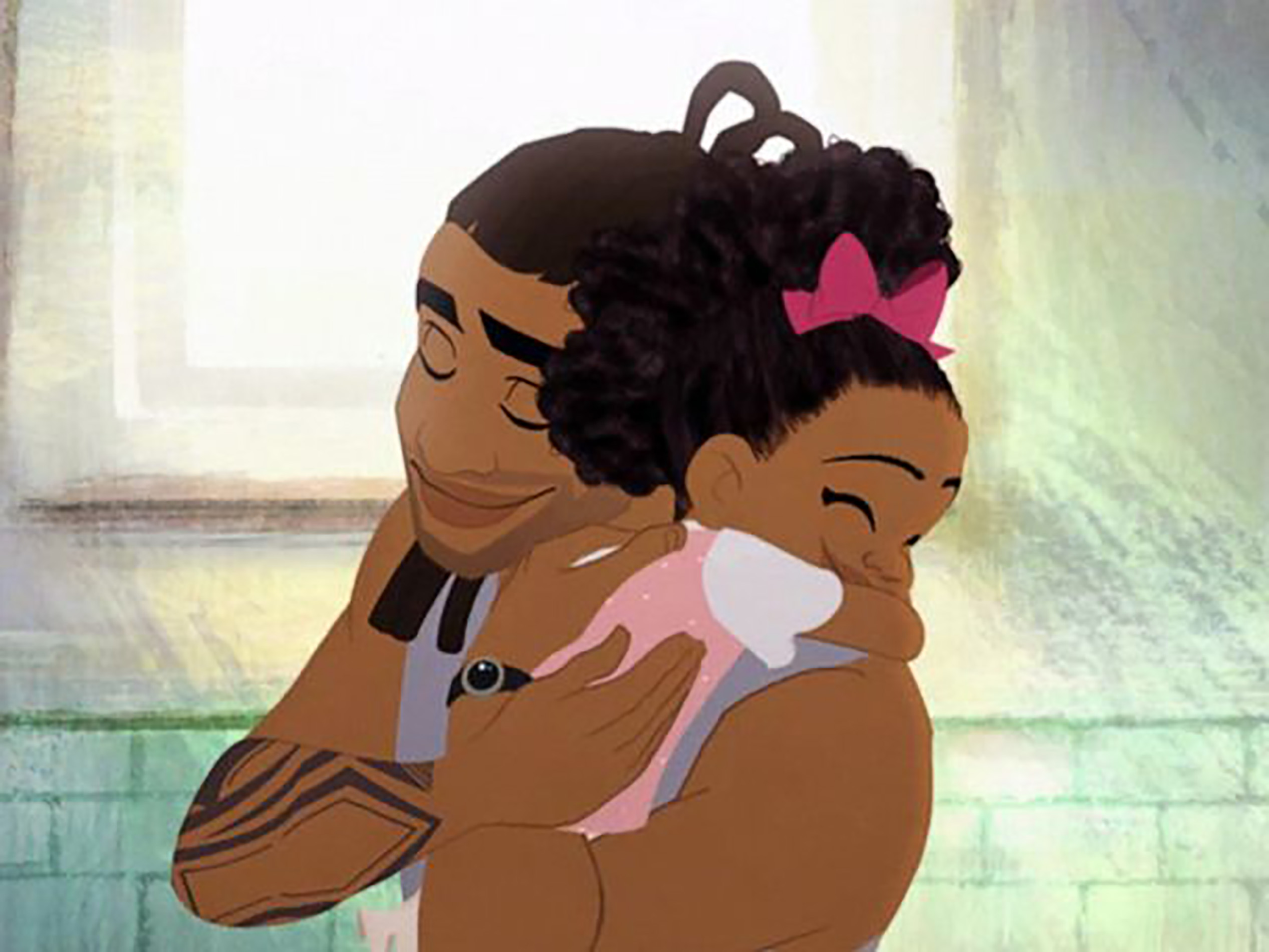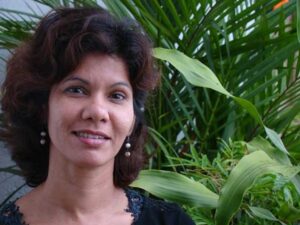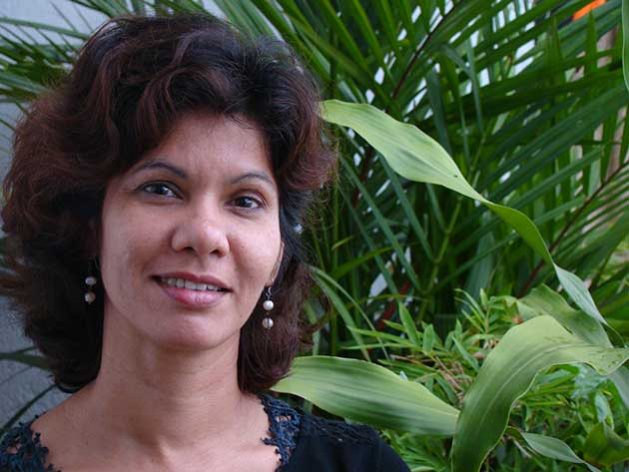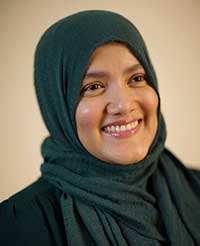
Asia-Pacific, Civil Society, Crime & Justice, Democracy, Featured, Headlines, Human Rights, Migration & Refugees, TerraViva United Nations
– On February 1st, 2021 the military of Myanmar overthrew the country’s democratic government in a coup d’etat followed by arresting more than 40 government officials including Aung San Suu Kyi. The military declared a year-long state of emergency under the rule of it’s Commander-in-Chief Senior General Min Aung Hlaing. Troops took over the streets, a night-time curfew has been put into force. Tens of thousands of protestors have taken to the streets across Myanmar, in what is seen as the biggest street protests in more than a decade. The anti-coup demonstrators are undeterred by police attacks and increasing violence from the security forces.

Yasmin Ullah
According to this list, the military has arrested multiple members of civil society, including activists, writers, musicians, filmmakers. Monitoring group Assistance Association for Political Prisoners said “more than 384 people have been detained, in a wave of mostly night-time arrests”.
The first known casualty of the coup, Mya Thwe Thwe Khaing died on February 9 when a police officer opened fire with live ammunition, hitting her in the head while she was protesting in Naypyidaw. Two more protestors were killed in the city of Mandalay, marking Myanmmar’s bloodiest day since the military seized power. Myanmar’s minority community fears renewed violence after the military coup.
United Nations Secretary General António Guterres condemned the use of deadly violence in Myanmar, “The use of lethal force, intimidation & harassment against peaceful demonstrators is unacceptable. Everyone has a right to peaceful assembly. I call on all parties to respect election results and return to civilian rule,” António Guterres said.
The military in Myanmar alleges that the recent landslide election win by Aung San Suu Kyi was marred by fraud. Following the coup, the military has already announced replacements for a number of ministers.
Witnesses in Mandalay reported seeing soldiers from the 33rd Light Infantry Division, which led the deadly campaign against Rohingya Muslims in Rakhine state in 2017. The United Nations Special Rapporteur, Tom Andrews said, “The 33rd Light Infantry Division was reportedly involved in the lethal attacks in Mandalay today – the same division responsible for mass atrocity crimes against the Rohingya in 2017. A dangerous escalation by the junta in what appears to be a war against the people of Myanmar.”
“The very idea of Aung San Suu Kyi taking the trip to Hague at the end of 2019 to defend the actions of the military spoke volume about who she is as a person, and where she stands in her understanding of how democratic transition in Myanmar should progress,” says Yasmin Ullah, a Rohingya Social Justice Activist to IPS News.
“We have had three coups so far since 1962, and that memory still lives very deeply with a lot of Myanmar citizens. The pain and hurt that comes with it still reminds them of the glory that the country could never actually achieve.
“We have lived under a military regime for decades, without unifying, without taking to the streets, and making it known to the world that we reject this unconstitutional ceasing of power. The citizens are out on the streets because they will not have another chance at this, people are done with the fact that they will have to live under a culture of impunity where the military is untouched,” says Yasmin.
Following the coup in Myanmar, Washington has imposed sanctions on the military, urging other U.N members to follow suit. The UK too announced asset freezes and travel bans on three generals in Myanmar and is also going to be putting in place new measures to prevent UK aid. Singapore warned that there will be “serious adverse consequences” for Myanmar if the situation there continues to escalate. The European Union’s foreign affairs chief Joseph Borrell urged the military and “all security forces in Myanmar to immediately stop violence against civilians.”
Rights group Human Rights Watch in its report, Myanmar, Sanctions, and Human Rights said, “it supports the use of certain types of sanctions – including targeted sanctions and travel bans, and restrictions on military, trade, financial, economic, and other relations – as a means to condemn situations involving grave widespread human rights abuses or humanitarian law violations, to assert pressure to end those abuses, to hold those responsible to account, and as a means to deter other parties from becoming complicit in abuses.”
“We are calling on the United Nations Security Council to impose a global arms embargo. Separately, the UN General Assembly can also endorse individual governments or regional organizations imposing unilateral sanctions on Myanmar’s military, something the General Assembly has done in the past (e.g., during South Africa during apartheid.), the report stated.
International rights defenders have expressed concerns over grave human rights violations in Myanmar following the Feb. 1 military coup. “What we are witnessing in Myanmar didn’t just suddenly happen. You cannot leave the perpetrators of grave crimes under international law on the loose and then act surprised when they trample human rights again,” said Amnesty International’s Deputy Director of Advocacy Sherine Tadros.
“It was already ingrained in us Rohingyas to be intimidated, to fear the military, to fear authority, because that has always been the tactics used on us. The same kind of tactics we see now – the psychological warfare, night raids, shooting of people, arbitrary arrest, restrictions of movements – all of the things that the protestors are dealing with right now have been used on every single ethinic community and the Rohingyas,” says Yasmin.
It’s been thirty-three years since the uprising in 1988 in Myanmar against the military dictatorship, also known as the 8-8-88 Movement. The armed forces continued to rule until 2011, when a new government began a return to civilian rule. The military’s current threat to revoke the constitution only revealed the fact that it is willing to overturn any political – democratic system when its interests are threatened.
“Without a real change and reform within Myanmar to the very foundation to rip off the military power because they have infested different parts of the country that makes Myanmar what it is, without doing that there is no democracy that could take place,” says Yasmin.
The author is a journalist and filmmaker based out of New Delhi. She hosts a weekly online show called The Sania Farooqui Show where Muslim women from around the world are invited to share their views.



